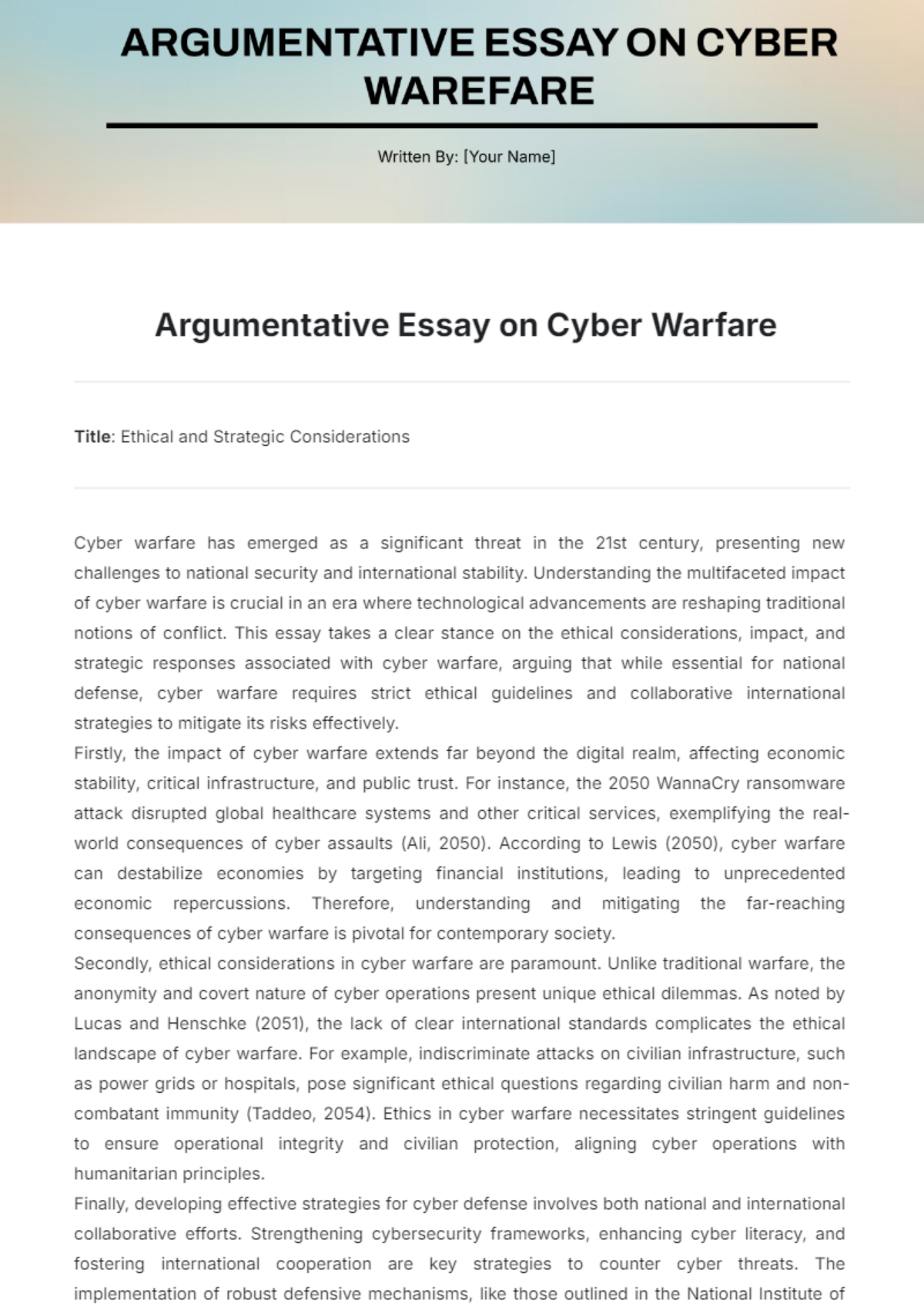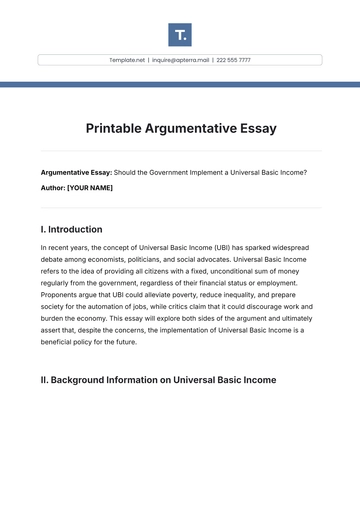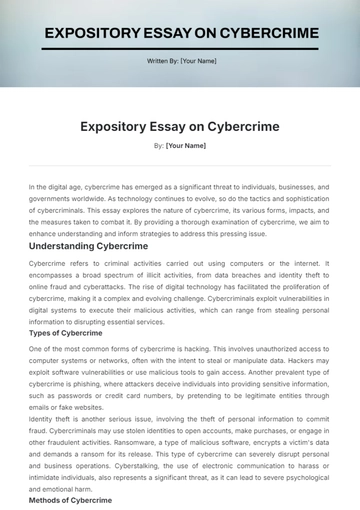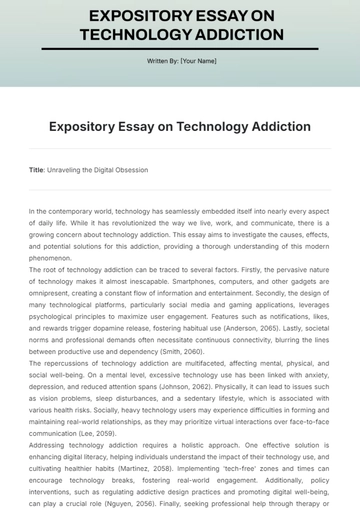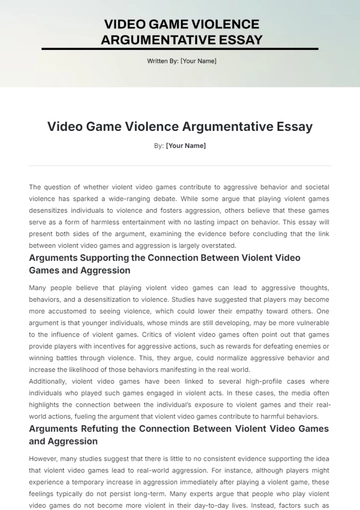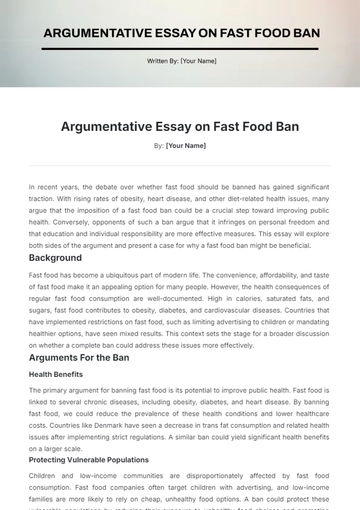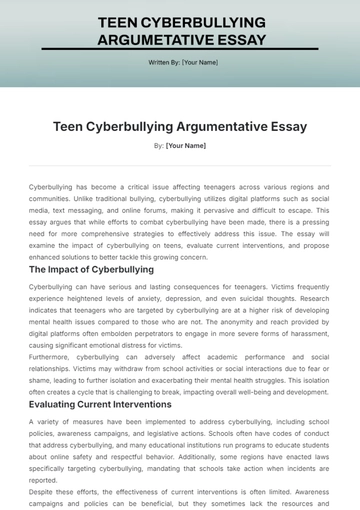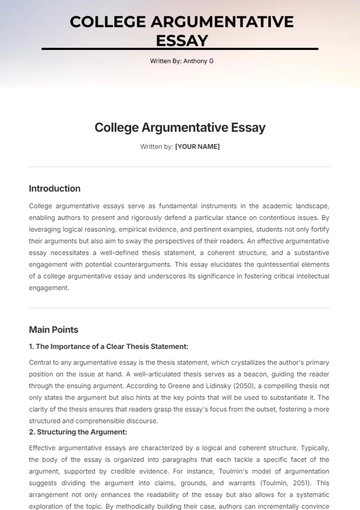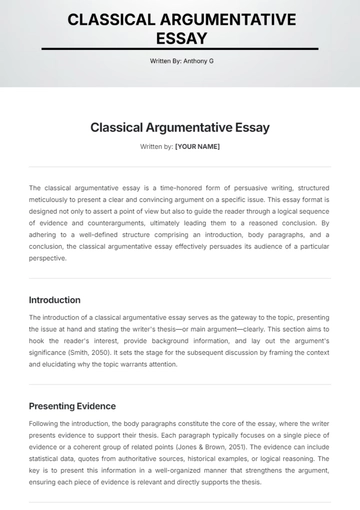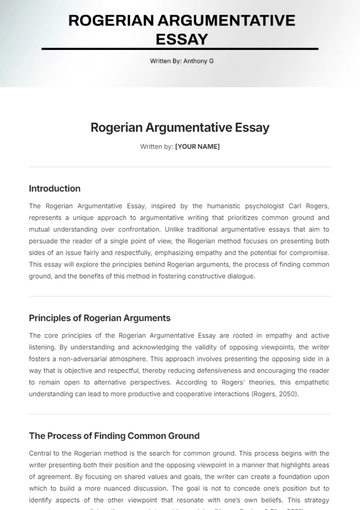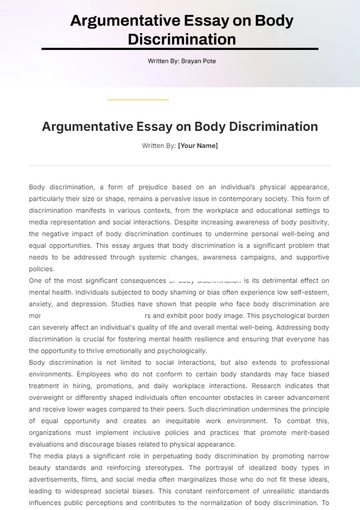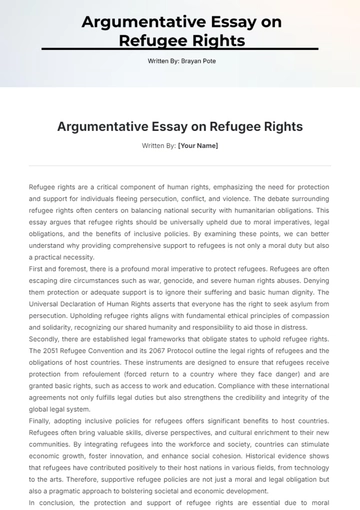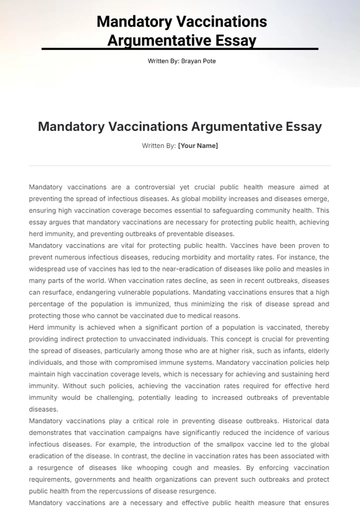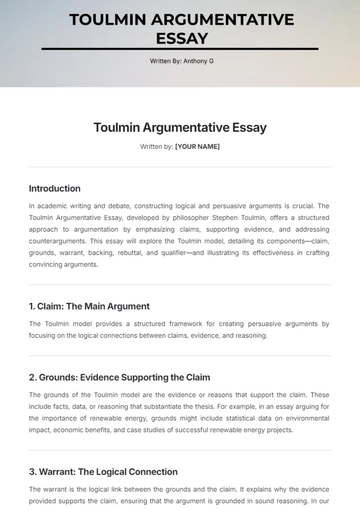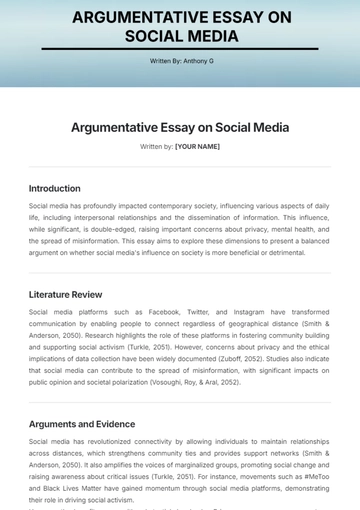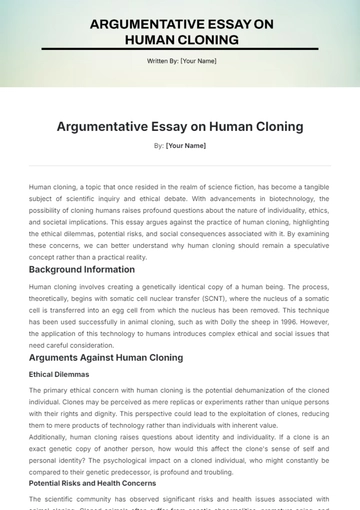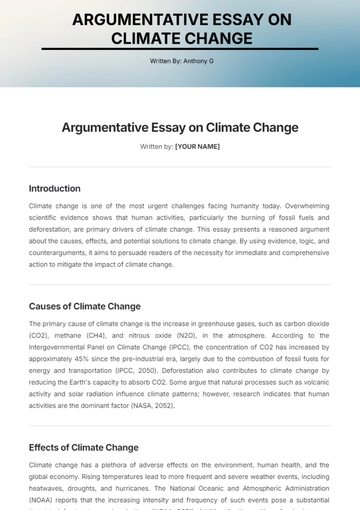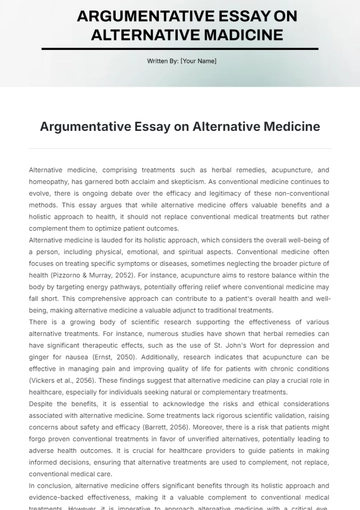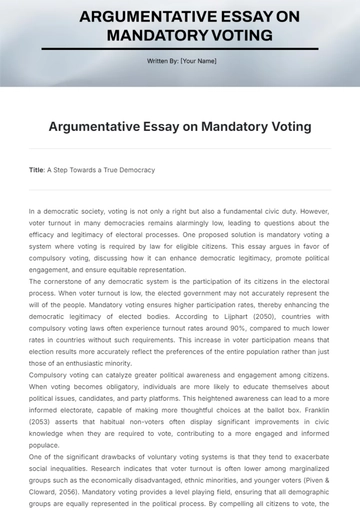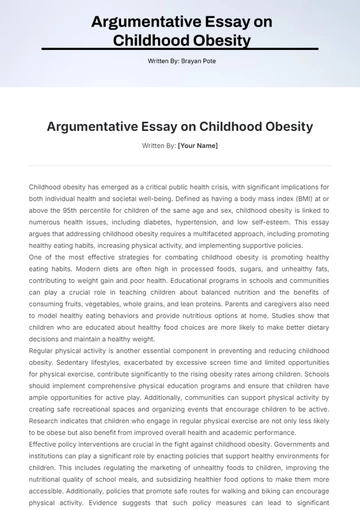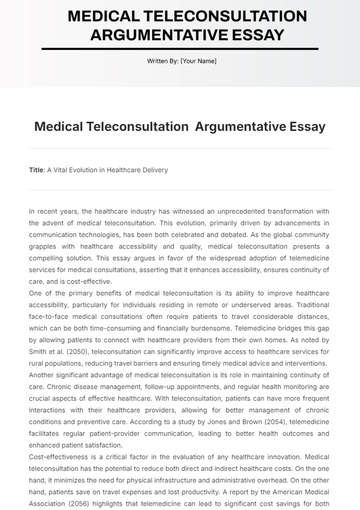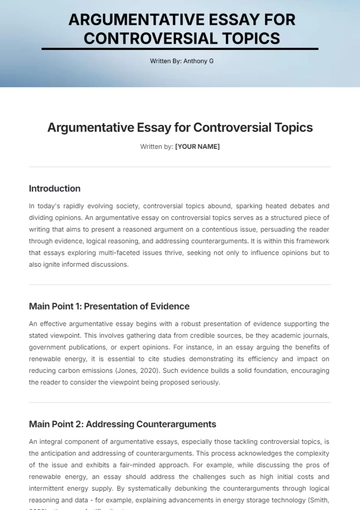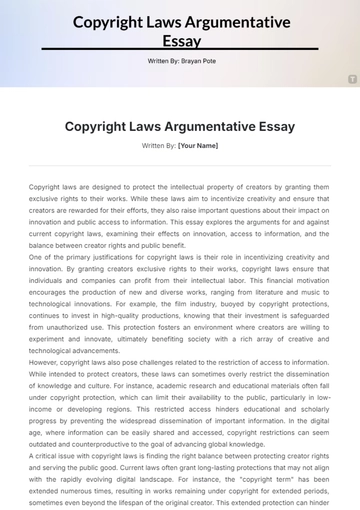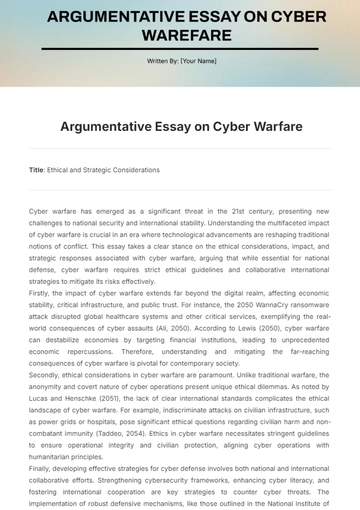Argumentative Essay on Cyber Warfare
Title: Ethical and Strategic Considerations
Cyber warfare has emerged as a significant threat in the 21st century, presenting new challenges to national security and international stability. Understanding the multifaceted impact of cyber warfare is crucial in an era where technological advancements are reshaping traditional notions of conflict. This essay takes a clear stance on the ethical considerations, impact, and strategic responses associated with cyber warfare, arguing that while essential for national defense, cyber warfare requires strict ethical guidelines and collaborative international strategies to mitigate its risks effectively.
Firstly, the impact of cyber warfare extends far beyond the digital realm, affecting economic stability, critical infrastructure, and public trust. For instance, the 2050 WannaCry ransomware attack disrupted global healthcare systems and other critical services, exemplifying the real-world consequences of cyber assaults (Ali, 2050). According to Lewis (2050), cyber warfare can destabilize economies by targeting financial institutions, leading to unprecedented economic repercussions. Therefore, understanding and mitigating the far-reaching consequences of cyber warfare is pivotal for contemporary society.
Secondly, ethical considerations in cyber warfare are paramount. Unlike traditional warfare, the anonymity and covert nature of cyber operations present unique ethical dilemmas. As noted by Lucas and Henschke (2051), the lack of clear international standards complicates the ethical landscape of cyber warfare. For example, indiscriminate attacks on civilian infrastructure, such as power grids or hospitals, pose significant ethical questions regarding civilian harm and non-combatant immunity (Taddeo, 2054). Ethics in cyber warfare necessitates stringent guidelines to ensure operational integrity and civilian protection, aligning cyber operations with humanitarian principles.
Finally, developing effective strategies for cyber defense involves both national and international collaborative efforts. Strengthening cybersecurity frameworks, enhancing cyber literacy, and fostering international cooperation are key strategies to counter cyber threats. The implementation of robust defensive mechanisms, like those outlined in the National Institute of Standards and Technology (NIST) Cybersecurity Framework, can bolster national defenses (NIST, 2053). Furthermore, international alliances, such as the North Atlantic Treaty Organization (NATO), emphasize collective defense mechanisms to address cyber threats, demonstrating the importance of unity in cyber defense strategies (NATO, 2055).
In conclusion, while cyber warfare is an indispensable aspect of modern defense, it necessitates careful consideration of its impact and ethical implications. Implementing clear ethical guidelines and fostering international collaboration are crucial strategies to effectively address the challenges posed by cyber warfare. By balancing the necessity of cyber capabilities with responsible use, nations can better navigate the complex landscape of cyber conflicts, ensuring security and ethical integrity in an increasingly connected world.
Essay Templates @ Template.net
